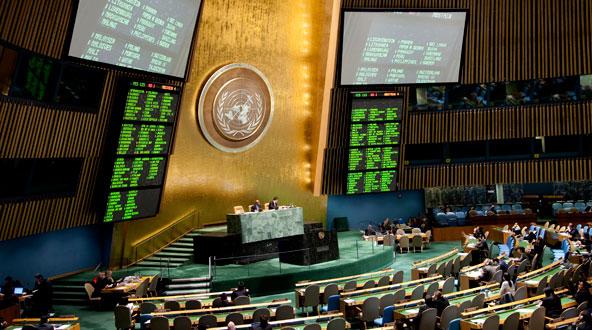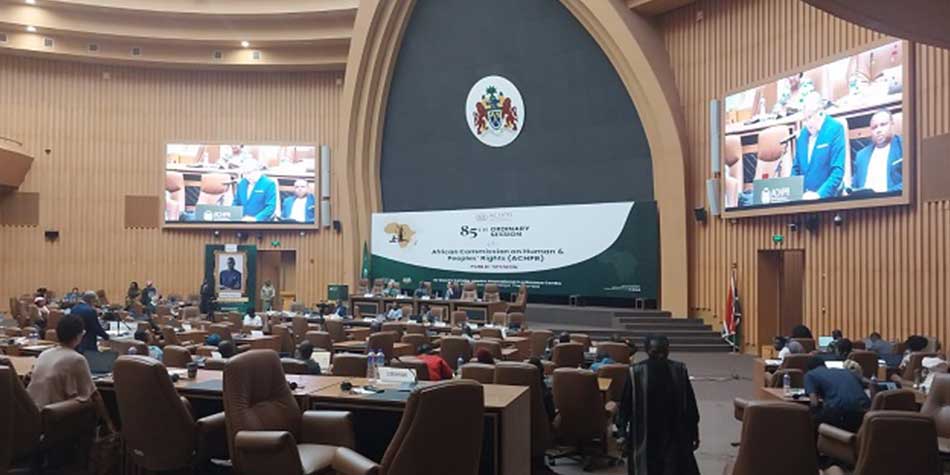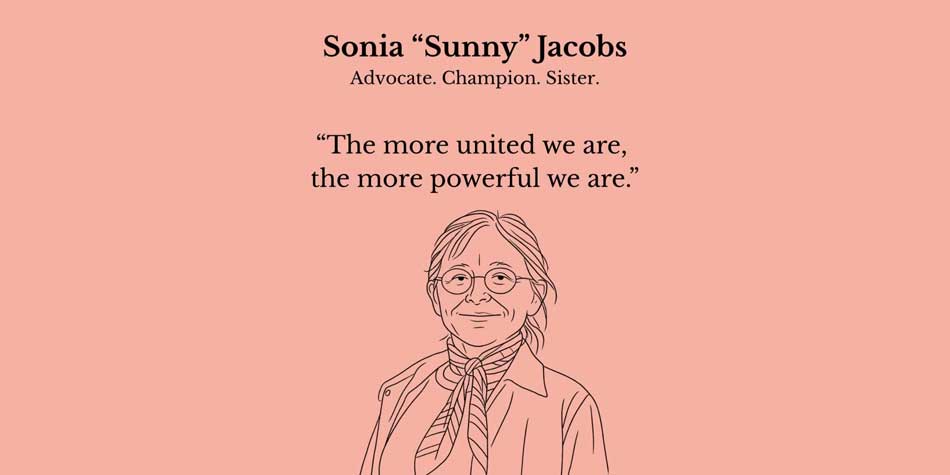
World’s nations call for execution freeze
International standards
On December 20th 2012 the UN General Assembly voted in favor of its fourth resolution for a “Moratorium on the use of the death penalty” following previous resolutions in 2007, 2008 and 2010.
The resolution has gained support over the years and is now cosponsored by 91 States. The cosponsors have decided to reiterate what they had stated in the past, but also to introduce new elements to make the text stronger in encouraging all States to take further steps towards respecting international law and reducing the application of the death penalty.
Vulnerable groups
In paragraph 4(c), the sponsors of the resolution mentioned for the first time the protection of vulnerable groups such as pregnant women and minors. Although other groups that should receive special protection are missing, such as people affected by mental disabilities and the elderly, this paragraph is crucial because some countries still apply the death penalty for pregnant women and minors despite the protections established in international law.
The second innovative element is paragraph 6, which encourages all States to ratify the UN Protocol on the abolition of the death penalty. This paragraph, which also targets abolitionist States, points in the same direction as the campaign led by the World Coalition regarding the Second Optional Protocol to the International Covenant on Civil and Political Rights and aims to put a definitive end to the death penalty in those States that ratify the Protocol.
A human rights perspective
The resolution also welcomes the efforts made by certain States to curb the use of the death penalty by reducing the number of capital crimes and by applying a moratorium on executions. These efforts are seen in a human rights perspective, as the text underlines that a moratorium on the use of the death penalty contributes to respect for human dignity and to the enhancement and progressive development of human rights.
The World Coalition Against the Death Penalty welcomes the increasing support for the resolution (+2 States) and congratulates the 111 governments that voted in favour of it. The World Coalition regrets that 41 States (=) voted against the resolution and that 34 abstained. Seven were absent.
Positive news came from Africa where the Central African Republic, Chad, Seychelles, Sierra Leone and South Sudan supported the resolution for the first time, raising hope for abolitionists in the continent even though Namibia went from supporting the resolution to abstention.
In the Arab World, while Tunisia reaffirmed the positive vote already expressed in the Third committee, Bahrain and Oman went from abstention to a negative vote. In Asia, Papua New Guinea and Indonesia moved from opposition to abstention while Maldives and Sri Lanka went from a vote in favour to abstention.
In the Caribbean, the World Coalition’s target region for next year’s World Day Against the Death Penalty, Dominica regrettably went from abstention to opposition.
The text of the new resolution requests the UN Secretary-General to report to the General Assembly at its 69th session on the implementation of this fourth resolution. Another resolution on a moratorium will be then further discussed under the item entitled “Promotion and protection of human rights: human rights questions, including alternative approaches for improving the effective enjoyment of human rights and fundamental freedoms” in 2014.







